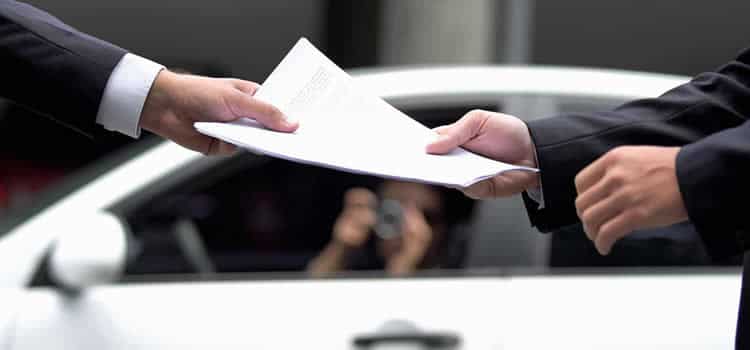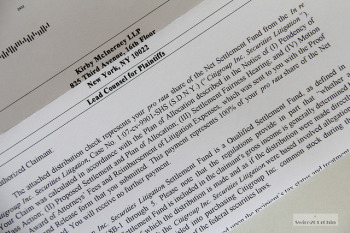The Ultimate Guide to Serving Legal Paperwork Right

In the realm of legal proceedings, serving paperwork is not just a formality but an essential step in ensuring that justice can be pursued. Proper service of legal documents such as summons, complaints, subpoenas, and others, ensures that all parties are duly notified of any legal actions against them, thereby upholding their right to a fair hearing. This guide delves into the nuanced process of serving legal paperwork effectively, ensuring compliance with legal standards while also maintaining the privacy and respect for all involved parties.
Understanding the Basics of Legal Service

Service of process is the procedure by which a party to a lawsuit gives an appropriate notice of initial legal action to another party, usually the defendant. Here are the fundamental aspects you need to grasp:
- Who Can Serve Papers? Typically, legal documents are served by:
- Sheriffs or their deputies
- Constables or marshals
- Professional process servers
- In some jurisdictions, individuals over a certain age who are not party to the case
- Why is Service Necessary? It is a crucial part of due process, guaranteeing that defendants are aware of legal actions being taken against them, allowing them the opportunity to respond, and ensuring that courts have the jurisdiction to hear the case.
How to Serve Legal Papers

Serving legal documents involves specific methods tailored to different types of papers:
- Personal Service: This is the most common method where the server hands the documents directly to the respondent. It can be more challenging with evasive or hard-to-locate individuals.
- Substitute Service: If the respondent cannot be served personally, documents can be left with a competent adult at their residence or place of business.
- Mail Service: In some cases, especially with uncontested divorces or small claims, service by certified mail is allowed, but acceptance and proof are necessary.
- Publication: When the defendant’s whereabouts are unknown, the court might authorize service by publishing in a newspaper or via online media in the area where the defendant might be located.
⚖️ Note: Always verify local laws regarding service methods as they can vary by jurisdiction.
Verification and Proof of Service

After serving the documents, the following steps are crucial:
- The server must fill out a Proof of Service (or Return of Service) form. This document should include:
- Name of the person served
- Date, time, and place of service
- Method of service used
- Server’s name, signature, and how they are related to the case
- File the Proof of Service with the court clerk where the case is being heard, to provide evidence that the party was legally notified.
Common Challenges and Solutions in Serving Papers

Here are some typical obstacles encountered during service and how to overcome them:
- Defendant Evasion: If the defendant is actively avoiding service:
- Use private investigators or skip tracers to find an address or place of work.
- Consider different times and methods to catch the individual off guard.
- Privacy Concerns: Serving papers at someone’s workplace or in public:
- Discreet service by coordinating with the individual’s attorney or manager.
- Opt for serving at their residence if possible.
- International Service: Dealing with international jurisdictions:
- Use the Hague Convention on the Service Abroad of Judicial and Extrajudicial Documents in Civil or Commercial Matters where applicable.
- Engage a service company that specializes in international process service.
🌍 Note: Serving legal papers internationally can be complex and time-consuming due to varying international laws.
In summary, serving legal paperwork is a critical and detailed task in the judicial system. By understanding the legal requirements, employing proper methods, and addressing common challenges, one can ensure that legal notices are served correctly and justly. This adherence to process not only promotes fair play but also underscores the integrity of legal proceedings, ensuring that all parties are given their due chance to respond and defend themselves within the bounds of the law.
Can I serve legal papers myself?

+
In most jurisdictions, self-service of legal papers is not permitted if you are directly involved in the case. It is typically required that an impartial third party serve the documents to avoid any bias or intimidation claims.
What happens if the person refuses to accept the papers?

+
If a person refuses to accept the papers, service can still be considered complete if the server leaves the documents in a conspicuous place (like the doorstep) after explaining that they are legal documents. The server should document this action in the proof of service.
How can I find out if someone is successfully served?

+
Upon successful service, the server will file a Proof of Service with the court. You can check the court records or contact your lawyer to confirm whether service has been completed and properly recorded.